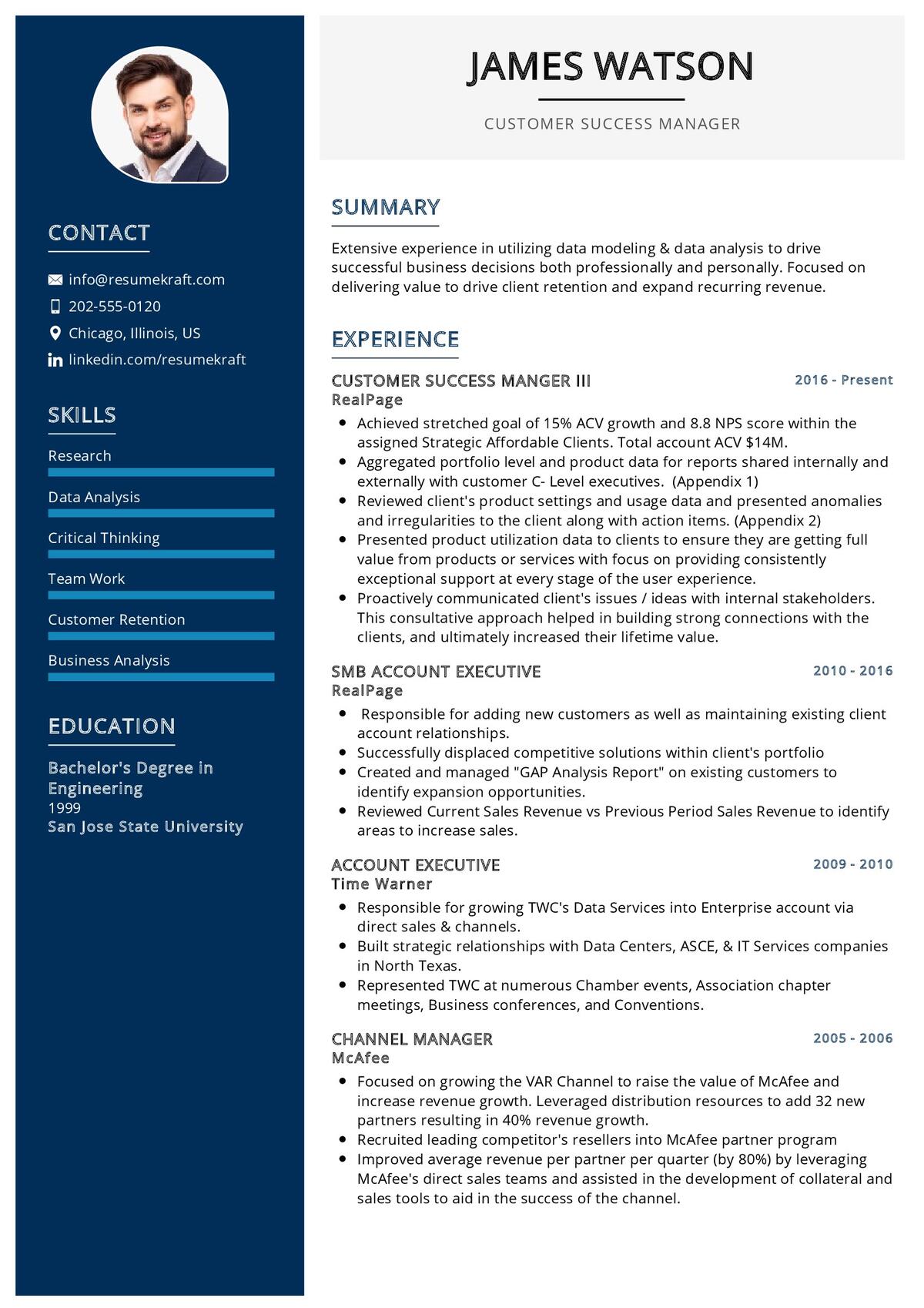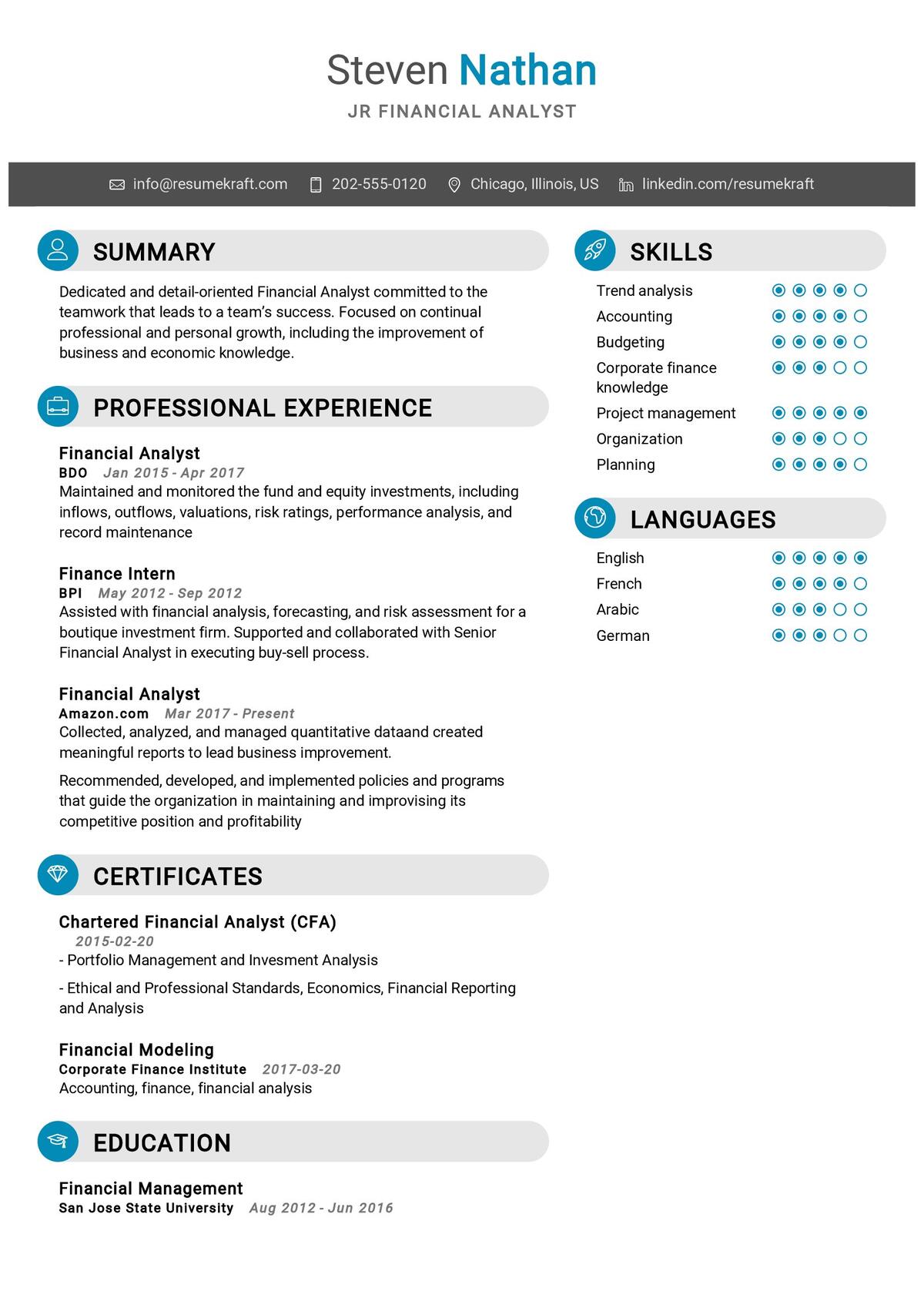
When applying for a job, it is essential that your resume makes a good impression on potential employers. Your resume should be clear, concise, and tailored to the job you are applying for. In this article, we will discuss how to ensure your resume meets the requirements of employers. We will cover what to include in your resume, how to format it, and how to make sure it is tailored to the job you are applying for.
There are a few key things you can do to make sure your resume meets the requirements of employers. First, research the company and specific job you are applying for and tailor your resume to match. Next, focus on highlighting your most relevant skills and experience. Finally, make sure your resume is error-free, clear, and concise. By taking these steps, you will increase your chances of getting called in for an interview.
Defining the problem
Why your resume might not be meeting employer requirements
Your resume might not be meeting employer requirements for a number of reasons. It could be that your resume is too long, or that it doesn’t highlight your relevant skills and experience. Alternatively, your resume could be missing key information, such as your contact details or education history.
If you’re unsure of why your resume isn’t meeting employer requirements, it’s a good idea to ask for feedback from a careers adviser or recruiter. They’ll be able to give you specific advice on how to improve your resume. In the meantime, here are some general tips on how to make sure your resume meets employer requirements:
- Keep your resume concise and to the point. Highlight your relevant skills and experience, and don’t include irrelevant or outdated information.
- Make sure your resume is up to date, including your contact details and education history.
- Use clear and simple language, and avoid using jargon.
- Check your resume for spelling and grammar errors, and get someone else to review it for you if possible.
- Use a professional format and layout, and make sure your resume is easy to read. following these tips will help ensure that your resume meets employer requirements and increases your chances of getting invited to an interview.
Key components of a resume
There are a few key components that employers look for in a resume:
- Relevant Work Experience: Employers want to see that you have relevant work experience in the field that you are applying for. They want to see that you have the skills and knowledge necessary to be successful in the role.
- Educational Qualifications: Employers also want to see that you have the necessary educational qualifications for the role. They want to see that you have the skills and knowledge necessary to be successful in the role.
- Personal Attributes: Employers also want to see that you have the personal attributes that will make you successful in the role. This includes things like being a team player, being able to work independently, being organized, and being able to communicate effectively.
- Professionalism: Finally, employers want to see that you are a professional. This includes being able to dress and speak professionally, being punctual, and having a positive attitude.
- Additional Skills: Employers also want to see that you have additional skills that will make you successful in the role. This includes computer skills, language skills, and other relevant skills.
- References: Finally, employers will want to see that you have references that can speak to your character and abilities. These can be professional references, personal references, or both.
- Tailor your resume: It is important to tailor your resume to each individual job that you apply for. This means including the key components that the employer is looking for in a resume.
- Highlight your strengths: When you are writing your resume, be sure to highlight your strengths. This will help the employer see why you would be a good fit for the position.
- Be honest: It is important to be honest on your resume. Do not exaggerate your qualifications or experience. This will only come back to hurt you in the long run.
- Get help: If you need help writing your resume, there are a number of resources that can help you. You can find resume writing tips online, in books, or by talking to a professional.

Step-by-step process
Outlining a step-by-step process for revising your resume to ensure it meets employer requirements
There is no one-size-fits-all answer to this question, as the best way to revise your resume to ensure it meets employer requirements will vary depending on your individual circumstances.
However, some general tips on how to revise your resume to ensure it meets employer requirements include:
- Review the job posting or job description carefully and make sure your resume highlights the skills and experience that are most relevant to the position.
- Use keywords from the job posting in your resume, as this can help ensure your resume is picked up by employer resume search engines.
- Tailor your resume to each individual employer, as this shows that you have a genuine interest in the company and the position.
- Keep your resume clear, concise, and free of any grammar or spelling errors.
- Make sure your resume is up-to-date and includes your most recent experience and qualifications.
- If you have any questions about how to revise your resume to ensure it meets employer requirements, consult with a professional resume writer or career coach for guidance.
Following these tips can help increase the chances that your resume will meet employer requirements and help you get one step closer to landing your dream job.
Tips for crafting a resume that will stand out to employers
If you want your resume to stand out to employers, there are a few things you can do to make it more eye-catching and impressive. First, try to use simple, straightforward language and clear formatting to make your resume easy to read. Second, focus on highlighting your most relevant skills and experience for the job you’re applying for. Finally, don’t be afraid to add a little personality to your resume – this can help you stand out from the competition.
If you want your resume to stand out to employers, there are a few things you can do to make it more eye-catching and impressive. First, try to use simple, straightforward language and clear formatting to make your resume easy to read. Second, focus on highlighting your most relevant skills and experience for the job you’re applying for. Finally, don’t be afraid to add a little personality to your resume – this can help you stand out from the competition.
Some additional things you can do to make your resume stand out include:
- Using bullet points to highlight key points
- Including quantifiable data to showcase your impact
- Using industry-specific keywords
- Tailoring your resume to each specific job you apply for
- Highlighting any unique skills or experience you have
- Avoiding using clichés or overly formal language

Tailoring your resume to each job you apply for
As the job market becomes increasingly competitive, it is more important than ever to tailor your resume to each job you apply for. By tailoring your resume, you can highlight the experiences and skills that are most relevant to the position you are applying for, which will increase your chances of being selected for an interview.
When tailoring your resume, it is important to:
- Research the company and the specific job opening. This will help you understand what the company is looking for and allow you to customize your resume accordingly.
- Highlight your relevant skills and experiences. Be sure to include any relevant coursework, internships, jobs, or volunteer experiences.
- Use key words from the job listing. Incorporating key words from the job listing into your resume will help ensure that your resume is picked up by the company’s Applicant Tracking System (ATS).
- Keep it concise. When tailoring your resume, be sure to only include the most relevant information. Including too much information can overwhelm the reader and lead to your resume being passed over.
- Proofread carefully. Once you have tailored your resume, be sure to proofread it carefully for any errors. A well-written, error-free resume will make a good impression on potential employers.
Planning to Write a Resume?
Check our job winning resume samples


Frequently Asked Questions
There are a few things you can do to make your resume stand out from the rest. First, make sure to include relevant keywords that describe your skills and experience. Next, don’t forget to tailor your resume to each specific job you’re applying for – this shows that you’ve done your research and are truly interested in the role. Finally, try to avoid using too much fluff or filler language – keep it concise and to the point.
When it comes to what to include in your resume, make sure to include the basics like your contact information, work history, and education. Beyond that, you can also include relevant skills, awards and recognitions, and even hobbies and interests if they’re relevant to the job you’re applying for.
When it comes to resume format, there is no one-size-fits-all answer. However, there are a few general tips you can follow. First, make sure your resume is clear and concise. Avoid using overly technical language or jargon. Second, use reverse chronological order to list your experience, starting with your most recent experience and working backwards. Finally, make sure to proofread your resume carefully before sending it off to an employer.
In general, your resume should include your contact information, work experience, education, and skills. You can also include additional sections, such as a section for awards and honors, or a section listing professional memberships and affiliations.
Conclusion
In conclusion, there are a few key points to keep in mind when crafting your resume to ensure that it meets the requirements of employers. First, make sure to focus on relevant experience and skills that are applicable to the role you are applying for. Secondly, keep your resume concise and to the point, highlighting only the most pertinent information. Finally, ensure that your resume is error-free and free of any typos or grammatical errors. By following these simple tips, you can be confident that your resume will make a strong impression on potential employers.
Recommended Reading:

